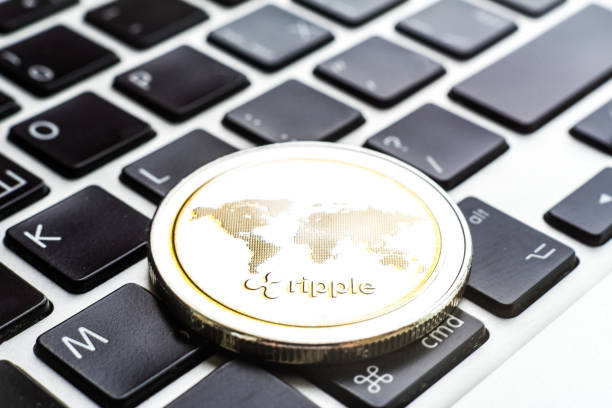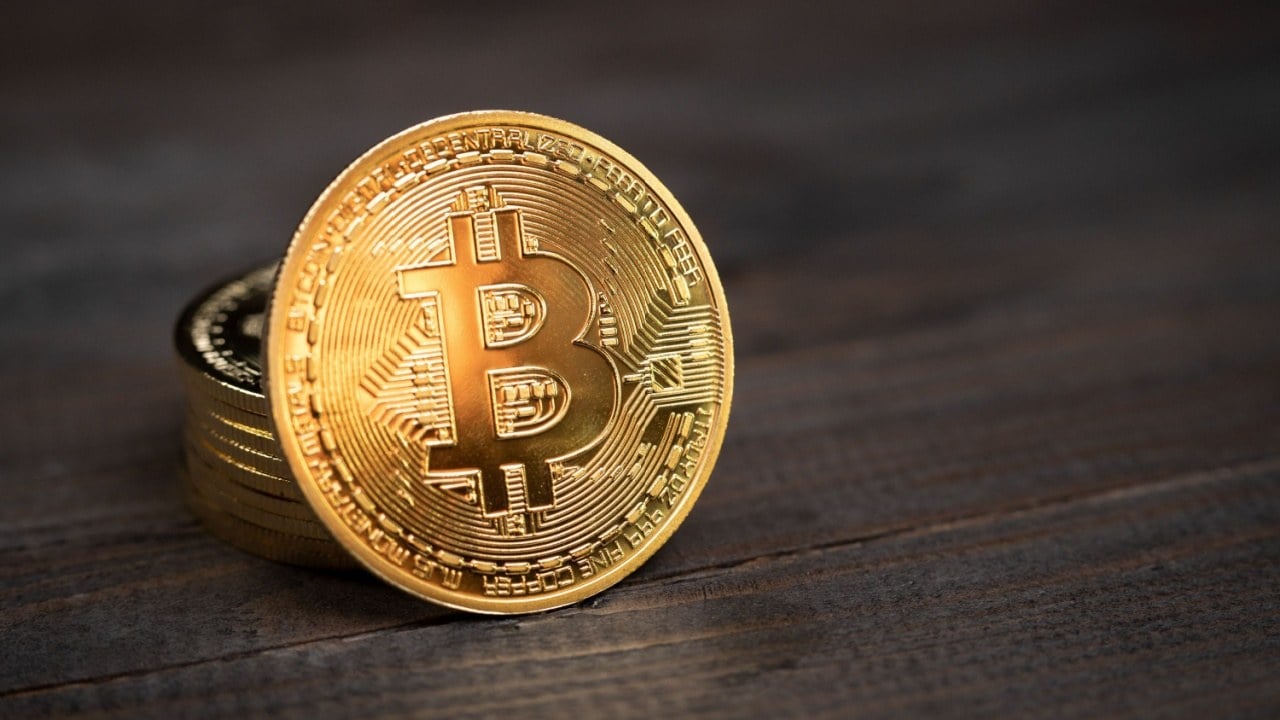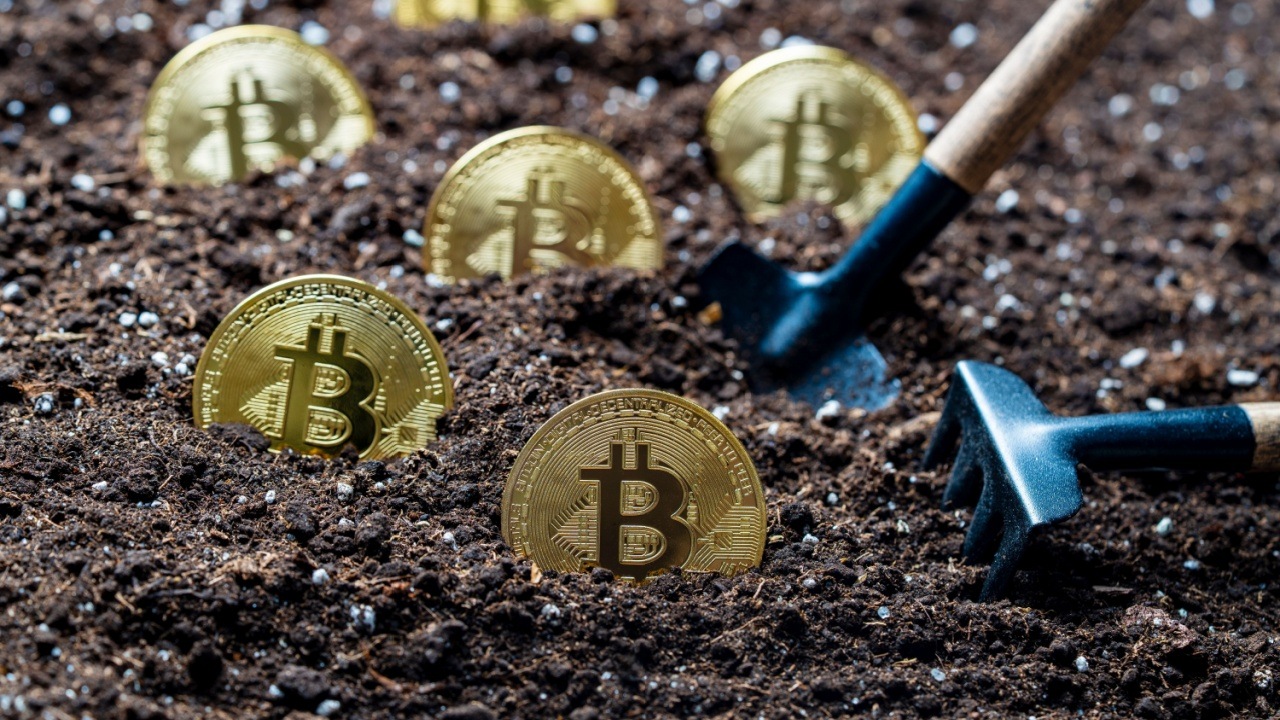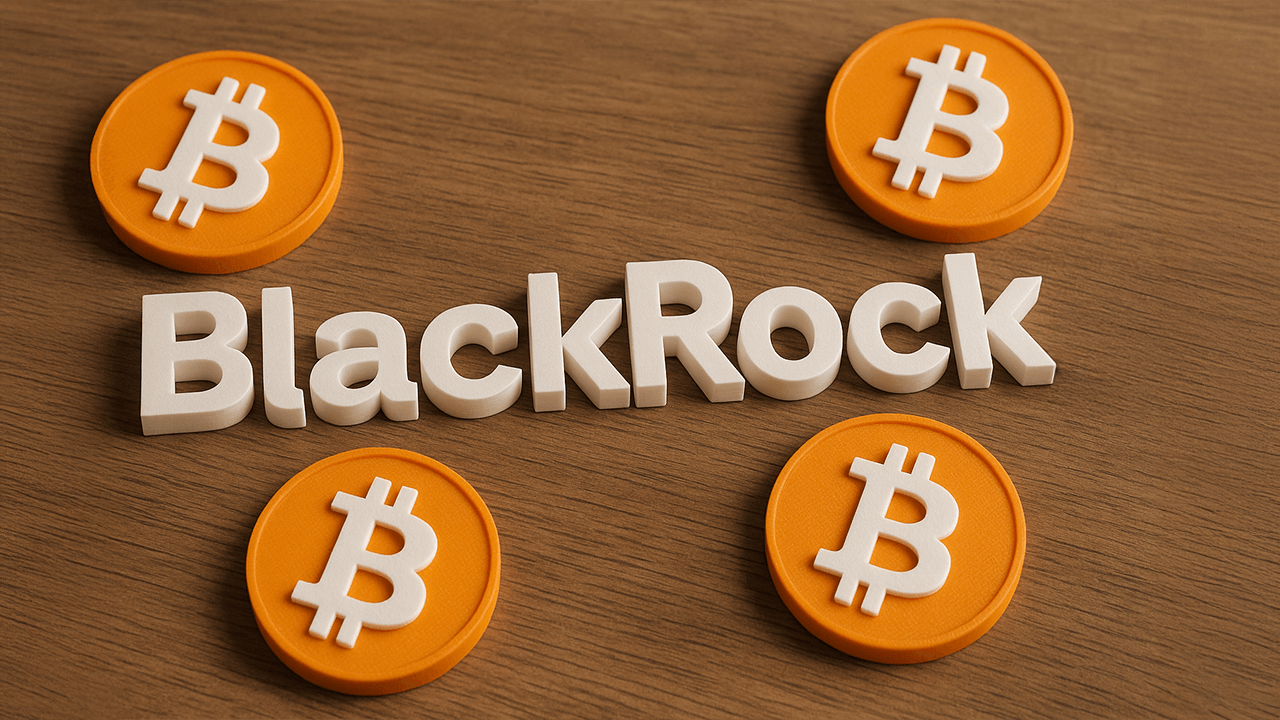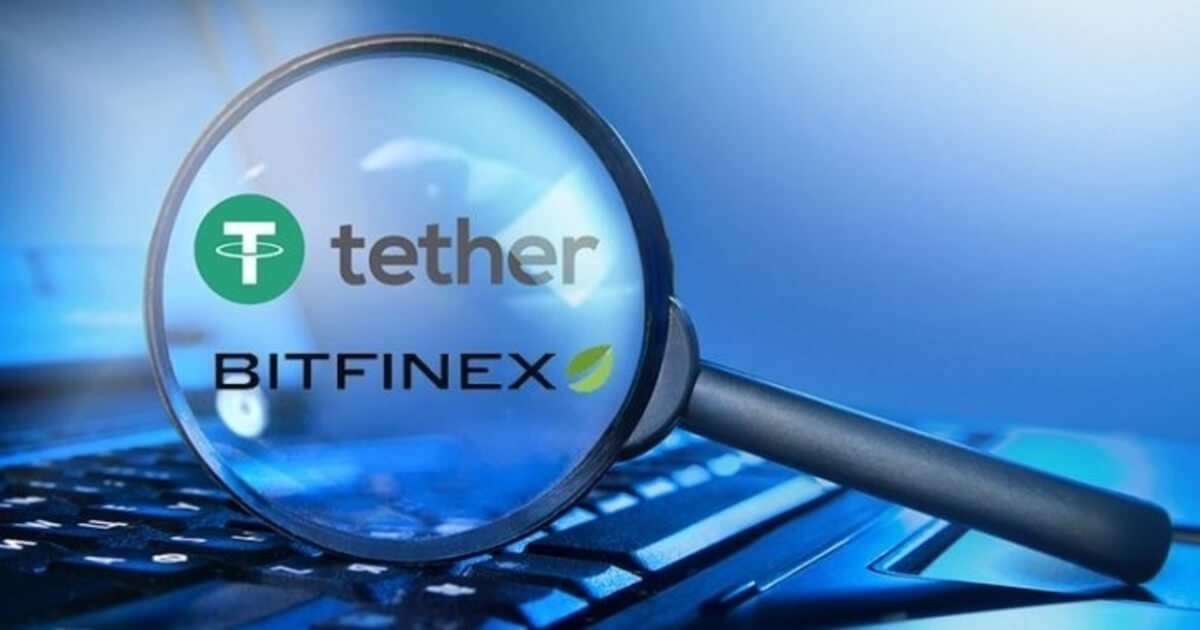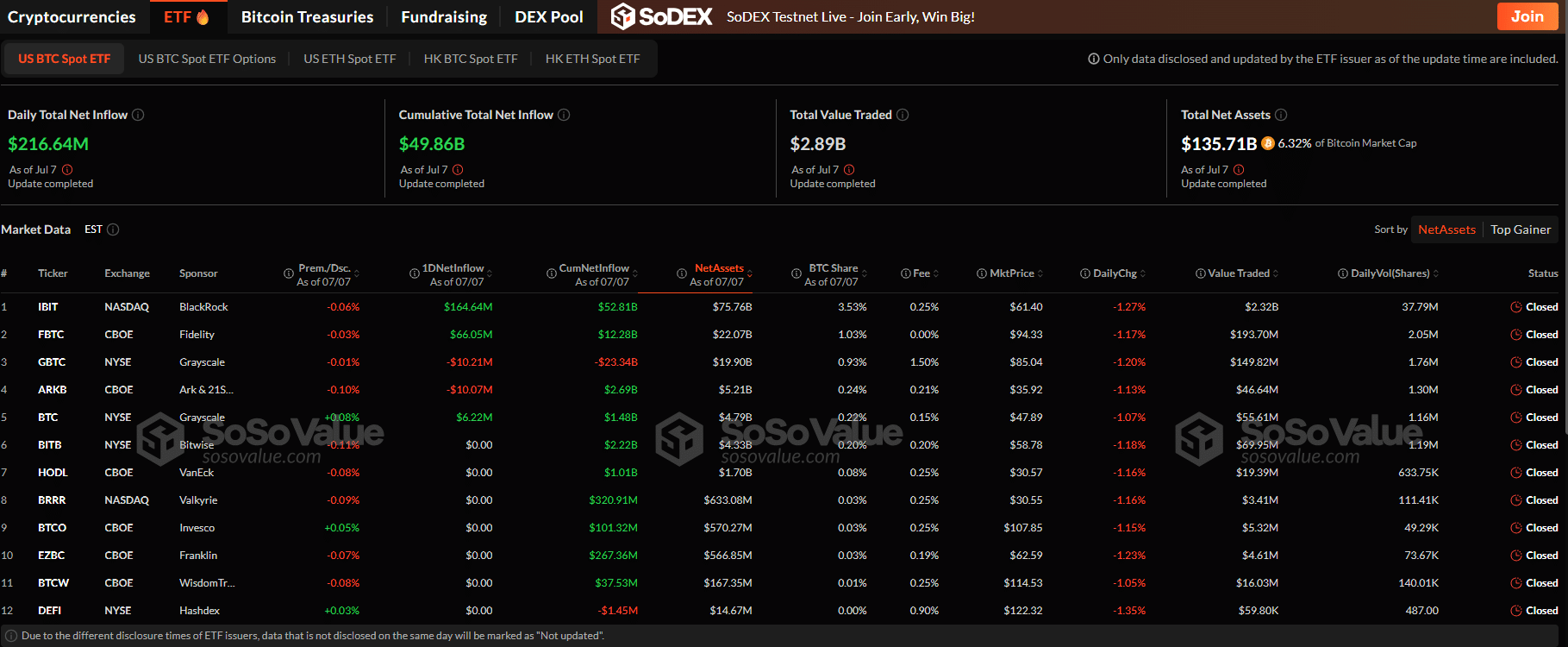Decentralized
Finance, or DeFi, has emerged as one of many monetary trade’s most
transformational and disruptive forces. DeFi protocols, that are primarily based on
blockchain know-how, goal to remove middlemen, and permit open,
permissionless entry to monetary companies.
Whereas the
potential advantages of DeFi are vital, its fast rise has created authorized
and regulatory points that have to be addressed. On this article, we’ll have a look at
the authorized and regulatory ambiguities surrounding DeFi, in addition to the makes an attempt
being made to handle them.
Understanding
DeFi and Its Purposes
Decentralized
apps and protocols allow people to entry monetary companies similar to
lending, borrowing, buying and selling, and asset administration with out using
conventional middlemen similar to banks or brokerage companies. DeFi platforms goal to
carry transparency, safety, and effectivity in monetary transactions by
leveraging blockchain know-how and good contracts.
DeFi has enormous
potential advantages. It promotes better monetary inclusion by making monetary
companies out there to anyone with an web connection. Moreover, DeFi
permits for extra environment friendly and cost-effective transactions, in addition to probabilities
for people to generate passive revenue by means of lending or liquidity provision.
Hold Studying
Uncertainty
within the Authorized and Regulatory Methods
Regardless of its
promise, DeFi exists in a authorized and regulatory limbo. Conventional regulatory
frameworks, which had been created for centralized monetary methods, are
challenged by the decentralized and borderless nature of DeFi protocols. As a
consequence, many options of DeFi lie past the attain of current laws,
leaving members and regulators befuddled.
Figuring out the
authorized standing of DeFi methods and their operators is a significant issue. As a result of
there isn’t a centralized establishment in cost, it’s unclear who will be held
accountable for adhering to current monetary requirements. To protect the
integrity of the monetary system and shield members, points similar to
client safety, anti-money laundering (AML) and Know Your Buyer (KYC)
guidelines, and investor rights have to be addressed.
Getting
By means of the Difficulties
Efforts are
being made to navigate the authorized and regulatory ambiguities of DeFi. Regulators
all internationally are beginning to grasp the need of encouraging
innovation whereas concurrently defending buyers and making certain monetary
stability. They’re wanting into strategies to switch current laws or
develop new frameworks with the intention to give readability and management within the DeFi house.
The applying
of present restrictions to particular elements of DeFi is a method being
investigated. DeFi platforms that have interaction in lending or borrowing actions,
for instance, could also be topic to lending guidelines or securities legal guidelines in some
jurisdictions. Regulators hope to restrict dangers and shield members whereas
permitting innovation to flourish by placing these actions inside established
regulatory frameworks.
One other
technique is to create new laws which are particularly focused to DeFi. Participating
with trade members, technologists, authorized specialists, and legislators to
perceive the precise traits of DeFi and design legal guidelines that strike a
steadiness between supporting innovation and guaranteeing compliance is a part of
this course of.
Moreover,
self-regulation is gaining traction among the many DeFi neighborhood. Greatest practices,
requirements, and codes of habits for DeFi protocols and members are being
established by trade organisations and consortiums. Whereas ready for
clearer regulatory pointers, these self-regulation efforts try to supply
recommendation and develop belief amongst members.
The Worth of
Collaboration
To deal with the
authorized and regulatory issues of DeFi, many events, together with regulators,
trade members, and authorized specialists, should work collectively. It’s crucial to
keep open and persevering with talks with the intention to comprehend the subtleties of
DeFi and its potential penalties. This collaboration has the potential to
consequence within the creation of sensible and efficient regulatory frameworks that
strike the suitable steadiness between innovation and investor safety.
Moreover,
worldwide cooperation is required. As a result of DeFi is borderless, laws
and requirements have to be harmonized throughout jurisdictions to reduce regulatory
arbitrage and keep a degree taking part in area for market members.
Paving the way in which for accountable
development
Decentralized Finance has
emerged as a transformative drive inside the monetary trade, providing
revolutionary options and alternatives for monetary inclusion. Nevertheless, the
regulatory panorama surrounding it stays comparatively uncharted territory. As
regulators grapple to grasp the complexities of this quickly evolving
sector, and trade members proceed to push boundaries, it turns into
more and more essential for each events to determine a collaborative framework.
By working collectively, they’ll foster accountable development and make sure the
long-term viability of this groundbreaking ecosystem.
Regulatory challenges within the
DeFi house
DeFi operates on a decentralized
infrastructure, usually constructed on blockchain know-how, enabling trustless
transactions and eradicating intermediaries. This distinctive framework presents
regulatory challenges as conventional oversight mechanisms wrestle to adapt.
Regulators are confronted with points similar to figuring out jurisdiction,
client safety, anti-money laundering (AML), and privateness considerations.
Navigating these complexities requires collaboration and dialogue between
regulators and DeFi associated corporations to develop applicable regulatory frameworks.
Are regulators out of their depth?
It’s important to acknowledge
that regulators could be at the moment grappling with the unfamiliar panorama of
DeFi. The decentralized nature of the know-how, cross-border transactions,
and complicated good contracts current vital challenges. Regulators are
nonetheless within the means of understanding the implications of DeFi, and unexpectedly
imposing heavy-handed laws could stifle innovation and discourage
accountable actors from working inside the house. Moderately than unexpectedly implementing
laws that will have unintended penalties, regulators ought to have interaction in
a collaborative dialogue with corporations working within the DeFi trade to higher comprehend the
intricacies and potential dangers related to the know-how.
The significance of early
collaboration
DeFi trade members have a possibility to take the lead in setting trade
requirements and finest practices. By proactively partaking with regulators, they’ll
assist form laws that strike a steadiness between fostering innovation and
defending customers. By means of dialogue and cooperation, each events can work
in direction of establishing a regulatory framework that allows accountable development
inside the DeFi ecosystem.
Furthermore, DeFi trade stakeholders and associated corporations possess helpful insights and experience in navigating the intricacies
of decentralized applied sciences. By actively partaking with regulators and
offering them with a complete understanding of the advantages and
challenges of DeFi, these corporations can bridge the information hole and contribute
to knowledgeable decision-making. Such collaboration can foster belief, scale back
regulatory uncertainties, and facilitate the event of efficient
regulatory approaches.
Lastly, collaboration between regulators and the DeFi trade is
important for addressing considerations associated to client safety, AML, and
privateness. By working collectively, each events can determine potential dangers and
develop danger mitigation methods that strike a steadiness between regulatory
compliance and innovation. This proactive method may help construct a sturdy and
sustainable DeFi ecosystem, enhancing investor confidence and safeguarding
in opposition to potential mishaps.
Conclusion
On account of DeFi’s
fast enlargement, authorized and regulatory points have emerged. To navigate the grey
areas, regulators, trade members, and authorized specialists should work
collectively. Stakeholders can discover a steadiness between supporting innovation and
guaranteeing compliance by adjusting current laws, adopting new
frameworks, and embracing self-regulation efforts.
Whereas there are
limitations, it’s crucial to acknowledge DeFi’s transformative potential.
DeFi has the potential to vary the normal monetary system and promote
international monetary inclusion by giving open and permissionless entry to
monetary companies. The authorized and regulatory points surrounding DeFi will be
addressed by way of clever regulation and collaboration, permitting this
revolutionary sector to develop whereas defending members’ pursuits and
sustaining monetary stability.
Decentralized
Finance, or DeFi, has emerged as one of many monetary trade’s most
transformational and disruptive forces. DeFi protocols, that are primarily based on
blockchain know-how, goal to remove middlemen, and permit open,
permissionless entry to monetary companies.
Whereas the
potential advantages of DeFi are vital, its fast rise has created authorized
and regulatory points that have to be addressed. On this article, we’ll have a look at
the authorized and regulatory ambiguities surrounding DeFi, in addition to the makes an attempt
being made to handle them.
Understanding
DeFi and Its Purposes
Decentralized
apps and protocols allow people to entry monetary companies similar to
lending, borrowing, buying and selling, and asset administration with out using
conventional middlemen similar to banks or brokerage companies. DeFi platforms goal to
carry transparency, safety, and effectivity in monetary transactions by
leveraging blockchain know-how and good contracts.
DeFi has enormous
potential advantages. It promotes better monetary inclusion by making monetary
companies out there to anyone with an web connection. Moreover, DeFi
permits for extra environment friendly and cost-effective transactions, in addition to probabilities
for people to generate passive revenue by means of lending or liquidity provision.
Hold Studying
Uncertainty
within the Authorized and Regulatory Methods
Regardless of its
promise, DeFi exists in a authorized and regulatory limbo. Conventional regulatory
frameworks, which had been created for centralized monetary methods, are
challenged by the decentralized and borderless nature of DeFi protocols. As a
consequence, many options of DeFi lie past the attain of current laws,
leaving members and regulators befuddled.
Figuring out the
authorized standing of DeFi methods and their operators is a significant issue. As a result of
there isn’t a centralized establishment in cost, it’s unclear who will be held
accountable for adhering to current monetary requirements. To protect the
integrity of the monetary system and shield members, points similar to
client safety, anti-money laundering (AML) and Know Your Buyer (KYC)
guidelines, and investor rights have to be addressed.
Getting
By means of the Difficulties
Efforts are
being made to navigate the authorized and regulatory ambiguities of DeFi. Regulators
all internationally are beginning to grasp the need of encouraging
innovation whereas concurrently defending buyers and making certain monetary
stability. They’re wanting into strategies to switch current laws or
develop new frameworks with the intention to give readability and management within the DeFi house.
The applying
of present restrictions to particular elements of DeFi is a method being
investigated. DeFi platforms that have interaction in lending or borrowing actions,
for instance, could also be topic to lending guidelines or securities legal guidelines in some
jurisdictions. Regulators hope to restrict dangers and shield members whereas
permitting innovation to flourish by placing these actions inside established
regulatory frameworks.
One other
technique is to create new laws which are particularly focused to DeFi. Participating
with trade members, technologists, authorized specialists, and legislators to
perceive the precise traits of DeFi and design legal guidelines that strike a
steadiness between supporting innovation and guaranteeing compliance is a part of
this course of.
Moreover,
self-regulation is gaining traction among the many DeFi neighborhood. Greatest practices,
requirements, and codes of habits for DeFi protocols and members are being
established by trade organisations and consortiums. Whereas ready for
clearer regulatory pointers, these self-regulation efforts try to supply
recommendation and develop belief amongst members.
The Worth of
Collaboration
To deal with the
authorized and regulatory issues of DeFi, many events, together with regulators,
trade members, and authorized specialists, should work collectively. It’s crucial to
keep open and persevering with talks with the intention to comprehend the subtleties of
DeFi and its potential penalties. This collaboration has the potential to
consequence within the creation of sensible and efficient regulatory frameworks that
strike the suitable steadiness between innovation and investor safety.
Moreover,
worldwide cooperation is required. As a result of DeFi is borderless, laws
and requirements have to be harmonized throughout jurisdictions to reduce regulatory
arbitrage and keep a degree taking part in area for market members.
Paving the way in which for accountable
development
Decentralized Finance has
emerged as a transformative drive inside the monetary trade, providing
revolutionary options and alternatives for monetary inclusion. Nevertheless, the
regulatory panorama surrounding it stays comparatively uncharted territory. As
regulators grapple to grasp the complexities of this quickly evolving
sector, and trade members proceed to push boundaries, it turns into
more and more essential for each events to determine a collaborative framework.
By working collectively, they’ll foster accountable development and make sure the
long-term viability of this groundbreaking ecosystem.
Regulatory challenges within the
DeFi house
DeFi operates on a decentralized
infrastructure, usually constructed on blockchain know-how, enabling trustless
transactions and eradicating intermediaries. This distinctive framework presents
regulatory challenges as conventional oversight mechanisms wrestle to adapt.
Regulators are confronted with points similar to figuring out jurisdiction,
client safety, anti-money laundering (AML), and privateness considerations.
Navigating these complexities requires collaboration and dialogue between
regulators and DeFi associated corporations to develop applicable regulatory frameworks.
Are regulators out of their depth?
It’s important to acknowledge
that regulators could be at the moment grappling with the unfamiliar panorama of
DeFi. The decentralized nature of the know-how, cross-border transactions,
and complicated good contracts current vital challenges. Regulators are
nonetheless within the means of understanding the implications of DeFi, and unexpectedly
imposing heavy-handed laws could stifle innovation and discourage
accountable actors from working inside the house. Moderately than unexpectedly implementing
laws that will have unintended penalties, regulators ought to have interaction in
a collaborative dialogue with corporations working within the DeFi trade to higher comprehend the
intricacies and potential dangers related to the know-how.
The significance of early
collaboration
DeFi trade members have a possibility to take the lead in setting trade
requirements and finest practices. By proactively partaking with regulators, they’ll
assist form laws that strike a steadiness between fostering innovation and
defending customers. By means of dialogue and cooperation, each events can work
in direction of establishing a regulatory framework that allows accountable development
inside the DeFi ecosystem.
Furthermore, DeFi trade stakeholders and associated corporations possess helpful insights and experience in navigating the intricacies
of decentralized applied sciences. By actively partaking with regulators and
offering them with a complete understanding of the advantages and
challenges of DeFi, these corporations can bridge the information hole and contribute
to knowledgeable decision-making. Such collaboration can foster belief, scale back
regulatory uncertainties, and facilitate the event of efficient
regulatory approaches.
Lastly, collaboration between regulators and the DeFi trade is
important for addressing considerations associated to client safety, AML, and
privateness. By working collectively, each events can determine potential dangers and
develop danger mitigation methods that strike a steadiness between regulatory
compliance and innovation. This proactive method may help construct a sturdy and
sustainable DeFi ecosystem, enhancing investor confidence and safeguarding
in opposition to potential mishaps.
Conclusion
On account of DeFi’s
fast enlargement, authorized and regulatory points have emerged. To navigate the grey
areas, regulators, trade members, and authorized specialists should work
collectively. Stakeholders can discover a steadiness between supporting innovation and
guaranteeing compliance by adjusting current laws, adopting new
frameworks, and embracing self-regulation efforts.
Whereas there are
limitations, it’s crucial to acknowledge DeFi’s transformative potential.
DeFi has the potential to vary the normal monetary system and promote
international monetary inclusion by giving open and permissionless entry to
monetary companies. The authorized and regulatory points surrounding DeFi will be
addressed by way of clever regulation and collaboration, permitting this
revolutionary sector to develop whereas defending members’ pursuits and
sustaining monetary stability.



